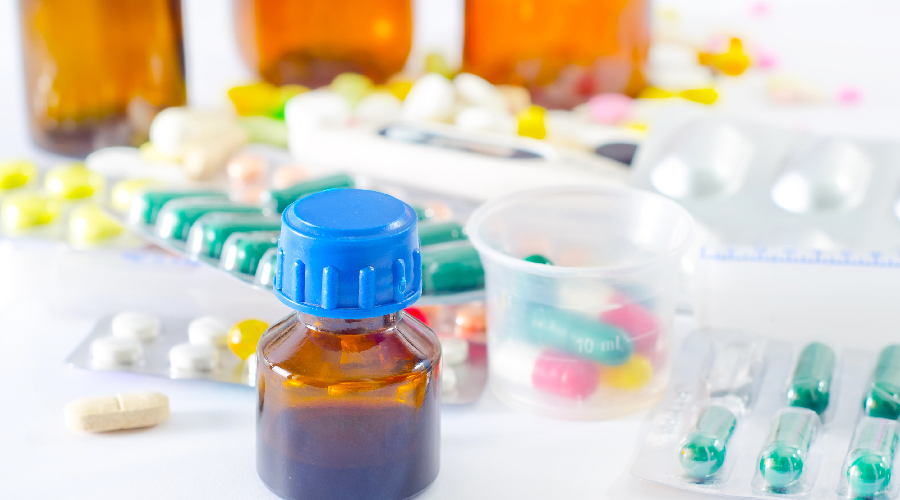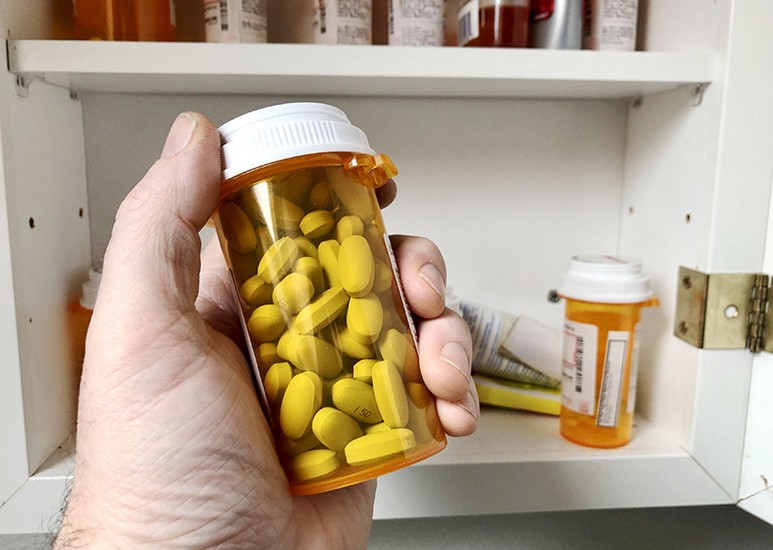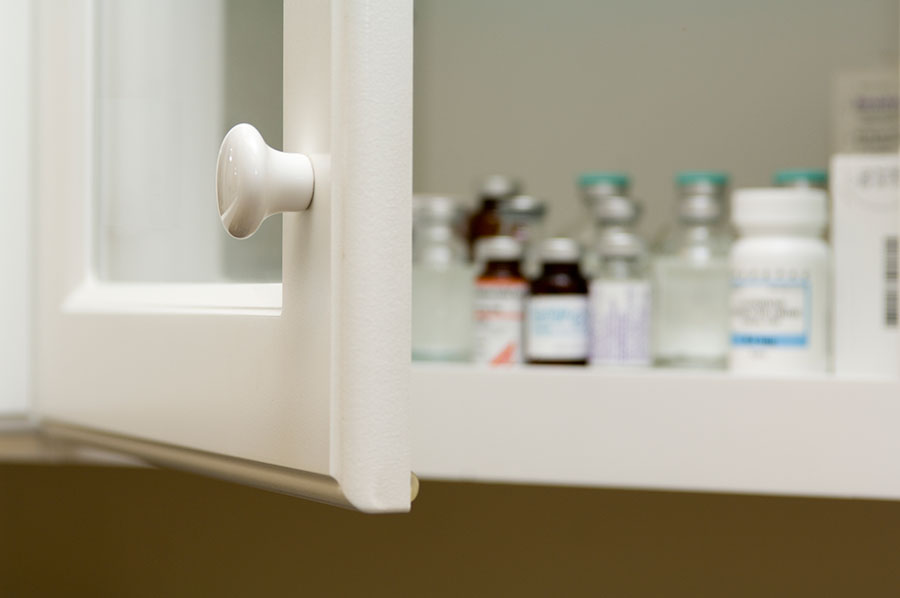While decluttering closets have become a habit as clothes change with the seasons, there is a part of your home that you may have forgotten to add to your spring cleaning list: the medicine cabinet. It’s easy to neglect when you only reach for a pill whenever you have a headache, but keeping your medication supplies decluttered and up to date should be a part of your regular cleaning routine. It can ensure that your meds are effective and safe to use.
Throw Out Old and Expired Medications
As with any decluttering activity, start by getting rid of everything you no longer need. Resist the urge to keep any medication for longer than you should as these can pose a danger to yourself and others. Here is an easy guide for what you should consider when deciding what to keep or discard.
- Check the labels and throw out anything past its expiration date, even if it has just been a month. Medicine can lose its potency and not work as intended past this date. Some may even become toxic and cause poisoning when used.
- Check the contents. Throw out anything that has discolored, dried out, gotten crumbly, or smells rancid or different from how you remember it to be. Even if it is technically still within shelf life, exposure to light, heat, and other elements can affect the formulation and make it unusable.
- Discard all prescription medications once the recommended usage period has passed or if it has been a year since it was prescribed. Do not use these to self-medicate even if you feel like you are experiencing the same symptoms, and never share your prescription drugs with others.
- Discard anything that is unlabeled, doesn’t have an expiry date, or has a damaged label that makes it illegible. Taking medication should never require guesswork.
- Used needles should be immediately disposed of. These are strictly single-use items.
Dispose of Medications Properly

Getting rid of medical refuse isn’t as simple as chucking it all into a trash bin. Certain procedures have to be followed to ensure that old drugs, sharp needles, and empty inhalers don’t endanger others. Once you have identified which items to let go of, sort them into four categories.
Over-The-Counter Medications
Drug take back programs are the safest way to dispose of unwanted medications. A biannual campaign is regularly sponsored by U.S. Drug Enforcement Administration (DEA) but some communities and pharmacies may host take back drives as well. If this is available in your area, you may want to consider scheduling your medicine cabinet spring cleaning to coincide with program dates. You can surrender prescription medications as well as treatments for cough and colds, non-opioid painkillers, vitamins, and supplements.
If take back programs are not available where you live, you can dispose of some medications together with regular trash. However, special precautions must be taken to make sure they aren’t used or consumed by accident. The U.S. Food and Drug Administration (FDA) recommends removing pills, tablets, liquids, and creams from their original packaging and mixing them with unappealing substances like soil or used cat litter. Place these in a sealed container to prevent them from mixing with other trash.
High-Risk Prescription Drugs
Flushing medication is not usually recommended but, in some cases, it is a safer option than throwing it in the trash. Opioid-based painkillers like fentanyl, methadone, and oxycodone are highly addictive substances that are prone to drug abuse. To ensure that no one else tries to use them, you can remove them from their original packaging and flush them down the sink or toilet.

Prescription Bottles
When you have removed the medications from their containers, you may find yourself left with a bunch of plastic bottles. Before throwing them out or putting them into recycling, make sure to remove the labels or obscure any personal information with a permanent marker. Alternatively, you can clean these bottles and repurpose them for holding small non-medical items like hairpins or arts and crafts supplies.
Syringes
Used needles should not be thrown out with regular trash as they are biohazards. It is best to collect them in a specialized container designated for the disposal of sharp objects. You can purchase sharps disposal containers from most pharmacies, or use a durable and lidded plastic container that is resistant to puncturing. Once the container is three-quarters full, bring it to a hospital, pharmacy, or other FDA-approved sites for proper disposal.
Keep an Inventory for All Remaining Medication
If you haven’t been managing an inventory of the medication you have at home, now is the time to start. Make sure to list the names, purchase dates, expiry dates, and other relevant information. You may even want to start keeping a log for prescription medications to make sure that they aren’t being abused. If you suspect that a family member or housemate is abusing prescription drugs, consider contacting a Dallas drug rehab center or a similar treatment facility for help.
Spring cleaning your medicine cabinet should be a regular activity in your clean-up schedule. Apart from ridding your home of unwanted objects, you can help to keep it a safe place for you and your family.






